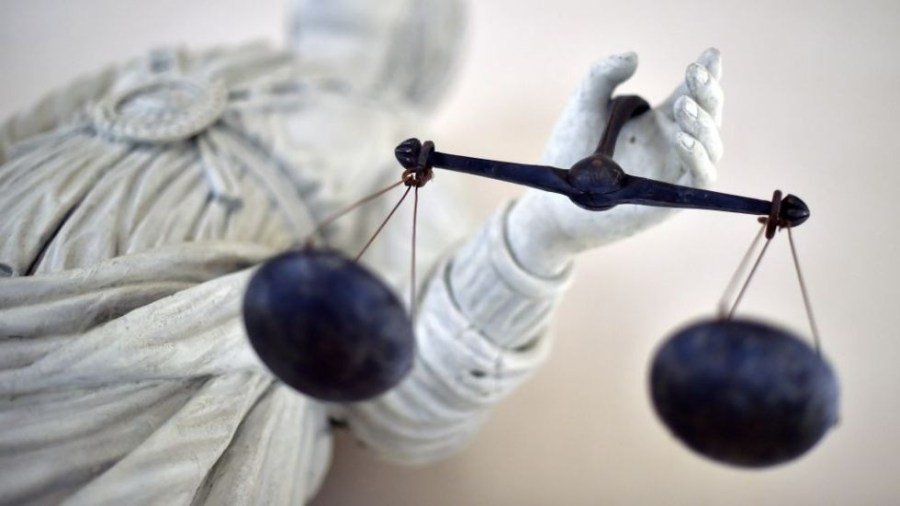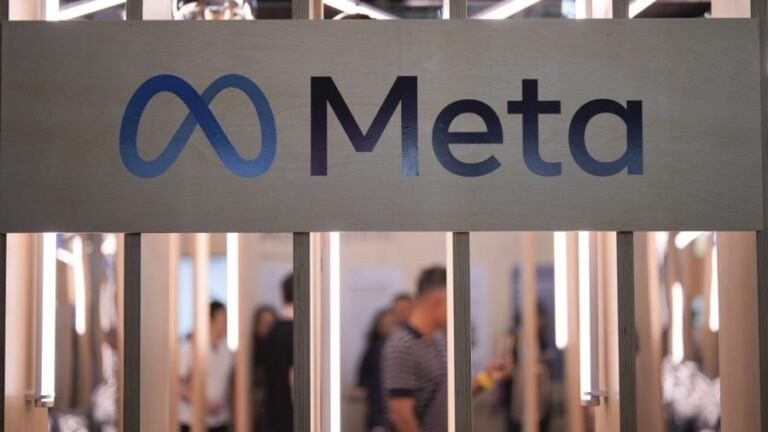
The American legal profession is in crisis, and the NextGen Bar Exam is the latest symptom of a disease that’s rapidly metastasizing: the abandonment of merit in favor of ideological box-checking.
For decades, the bar exam was the last line of defense — a rigorous filter ensuring that only those with real legal chops could represent the public. Today, that filter is being shredded, sacrificed on the altar of equity and inclusion. The result? A collapse in standards, the death of meritocracy, and a profession on the brink of irrelevance.
The NextGen Bar Exam, set to roll out in 2026, is not about modernizing legal education or making better lawyers. It is about making the exam easier to pass. Out go the demanding essays and complex legal analysis; in come more multiple-choice questions and “practical” scenarios that test little more than common sense and the ability to regurgitate buzzwords. The new mantra is “minimal competence,” a phrase so hollow as to be meaningless.
The new system benefits neither clients, who deserve skilled and well-prepared advocates, nor the public, who depend on lawyers to guide them through a complex legal system. The only winners are bureaucrats and activists obsessed with “equity.”
And even then, this is not to say that the new bar somehow guarantees equality of opportunity. Rather, it tries to force equality of outcome, no matter how much the universal bar must be lowered in the process.
In truth, the NextGen Bar Exam is DEI ideology in action. By blaming the bar exam itself, rather than differences in preparation or effort, for unequal pass rates among various groups, the legal establishment has chosen to lower the standards until everyone passes. This is neither fairness nor justice, but the soft bigotry of low expectations, institutionalized.
DEI has become a Trojan horse, smuggling mediocrity into the heart of the legal profession. Instead of demanding that all aspiring lawyers rise to meet high standards, the system now bends over backward to ensure that the standards themselves are erased. The message is clear: merit is out, identity is in.
The legal profession was once a meritocracy. It didn’t matter where you came from or what you looked like — if you could master the law, you could make it. That’s what made American law great — it consisted of the best and brightest, tested and proven. Now, that ideal is being tossed aside. The NextGen Bar Exam is just the latest example, following major formatting changes to the LSAT to “reduce anxiety” and the proliferation of alternative “pathways” to licensure that bypass rigorous testing altogether.
This isn’t just a legal education problem. It is a societal problem. When we stop rewarding excellence and start rewarding box-checking, we get a weaker, less competent, and less trustworthy profession. As a result, we end up with lawyers who lack essential skills in writing, reasoning, and effective advocacy, in turn, undermining the credibility of our justice system.
If this trend continues, the outcome is inevitable: Clients will find themselves represented by lawyers who only managed to pass a watered-down exam. Our courts will be overwhelmed by incompetence, and the already fragile reputation of the legal profession will deteriorate further.
Those who will suffer most are everyday Americans — people who need legal help, not just a participation trophy.
The legal profession must wake up before it’s too late. Reform is acceptable and necessary when things are made better. But what’s happening now is not reform, it is surrender. Surrender to ideology and mediocrity. Surrender to the idea that the only way to achieve “equity” is to undermine true merit.
The NextGen Bar Exam is a disaster in the making. It is time for lawyers, judges, educators, and the public to speak out and demand a return to merit, rigor, and excellence. The fate of the legal profession and the trust of those it serves now hang in the balance.
Vilda Westh Blanc is a Collegiate Associate at the Manhattan Institute, where Tim Rosenberger is a Legal Policy Fellow.


